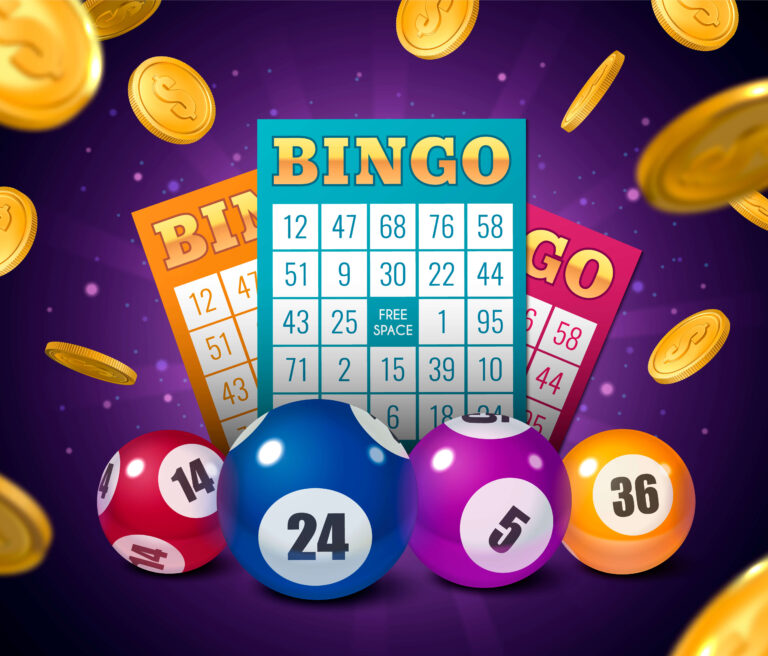Bingo, with its origins dating back to the “Lo Giuoco del Lotto d’Italia” in 16th-century Italy, has seen a myriad of evolutions. From the bustling bingo halls of the 20th century to today’s digital platforms, the game has consistently reinvented itself. Online bingo, the latest avatar of this beloved game, has captivated a global audience. Its widespread popularity isn’t just a nod to its inherent charm but also highlights its chameleon-like ability to adapt and reflect the cultural intricacies of diverse player bases.
The Universal Allure of Online Bingo
Bingo’s essence lies in its simplicity, community spirit, and the tantalizing unpredictability of chance. These universal elements have endeared it to people from all walks of life and across geographies. The digital revolution has further propelled its global reach. Online platforms offer the dual advantage of convenience and connectivity. Players from different continents can converge in virtual bingo rooms, sharing the excitement of the game and the camaraderie of a shared experience, all from the comfort of their homes. This blend of tradition and technology has elevated online bingo to a global entertainment phenomenon.
Cultural Adaptations: More Than Just a Game
Bingo’s global appeal lies in its malleability. While the foundational mechanics remain consistent, online platforms have astutely tailored the game’s aesthetics and themes to resonate with regional sensibilities. In the UK, where the 90-ball variant is a staple, online bingo often takes on a distinctly British flavor. Themes might draw inspiration from iconic landmarks, historical events, or even beloved British sitcoms. Conversely, the 75-ball version popular in the US might be infused with motifs from American pop culture, ranging from blockbuster movies to celebrated sports events.
Japan offers a fascinating case study. In a country where bingo wasn’t traditionally a mainstream game, online platforms have tapped into the rich tapestry of Japanese pop culture. By integrating themes from beloved anime series, manga characters, or even nods to traditional Shinto festivals, online bingo becomes a familiar and enticing proposition for the Japanese audience.
Festivals and Special Events
The cultural adaptability of online bingo is perhaps most evident during festive seasons. Platforms often curate special events or rooms themed around significant festivals. For instance, during Diwali, India’s grand festival of lights, players might encounter bingo rooms awash with the glow of diyas (lamps) and intricate rangoli designs. The festive spirit is further amplified with special bonuses or jackpots. Similarly, Christmas-themed bingo rooms worldwide might transport players to a winter wonderland, complete with twinkling lights, festive music, and cards adorned with holiday symbols.
Language and Communication
In today’s globalized world, language plays a pivotal role in inclusivity. Recognizing this, many online bingo platforms have expanded their linguistic repertoire. While English remains a dominant medium, there’s a growing emphasis on multilingual support. Players can navigate sites in Spanish, Mandarin, Portuguese, and a plethora of other languages. This linguistic diversity extends to chat rooms too. Moderators, often multilingual, facilitate conversations, ensuring that the chat rooms remain vibrant melting pots of global cultures.
Conclusion
Online bingo’s meteoric rise on the global stage is a testament to its timeless appeal and its remarkable adaptability. By seamlessly integrating cultural elements, online platforms have ensured that the game remains relevant and resonant for players worldwide. This cultural tapestry, woven with threads of tradition and innovation, ensures that online bingo’s allure is both universal and uniquely personal.



